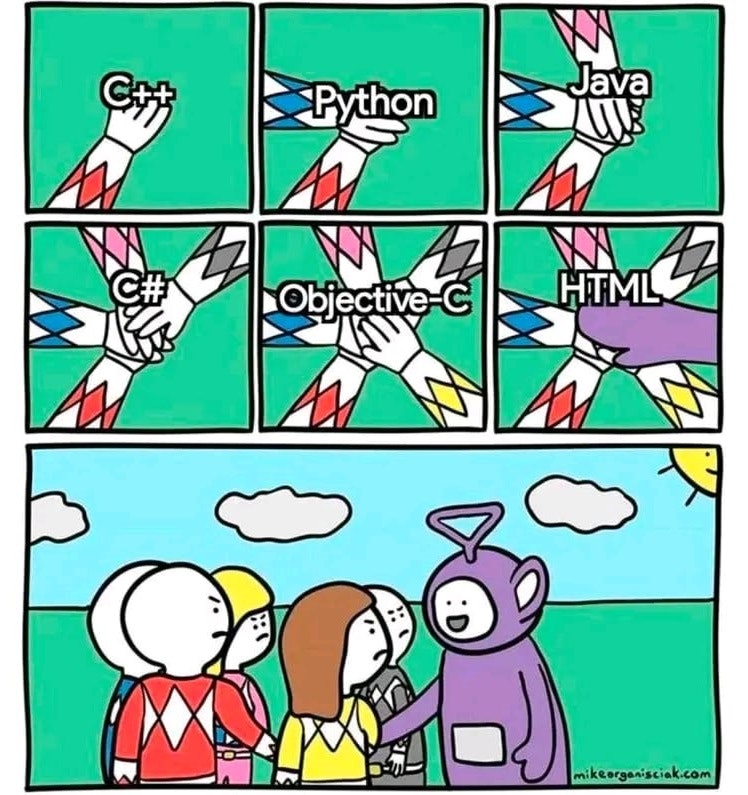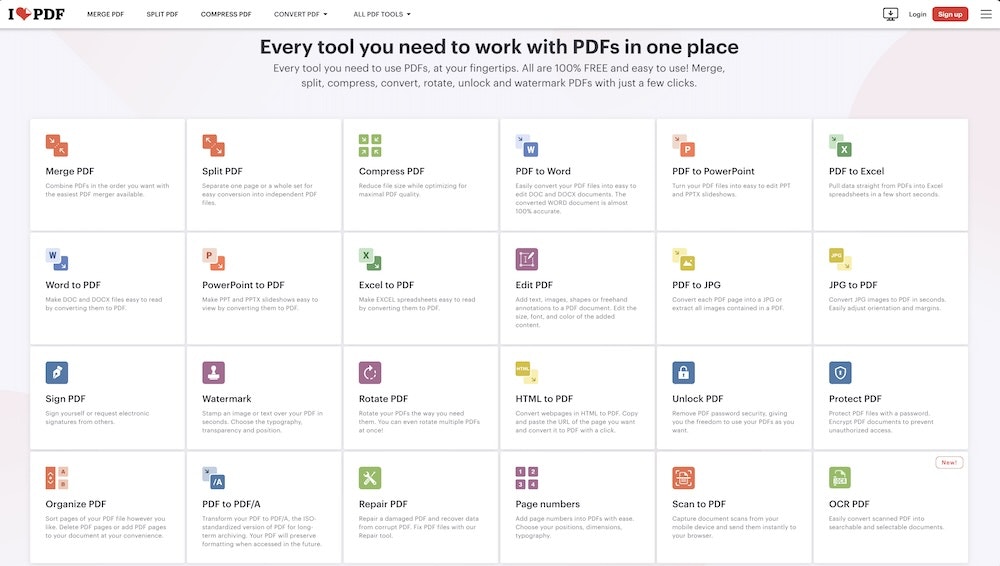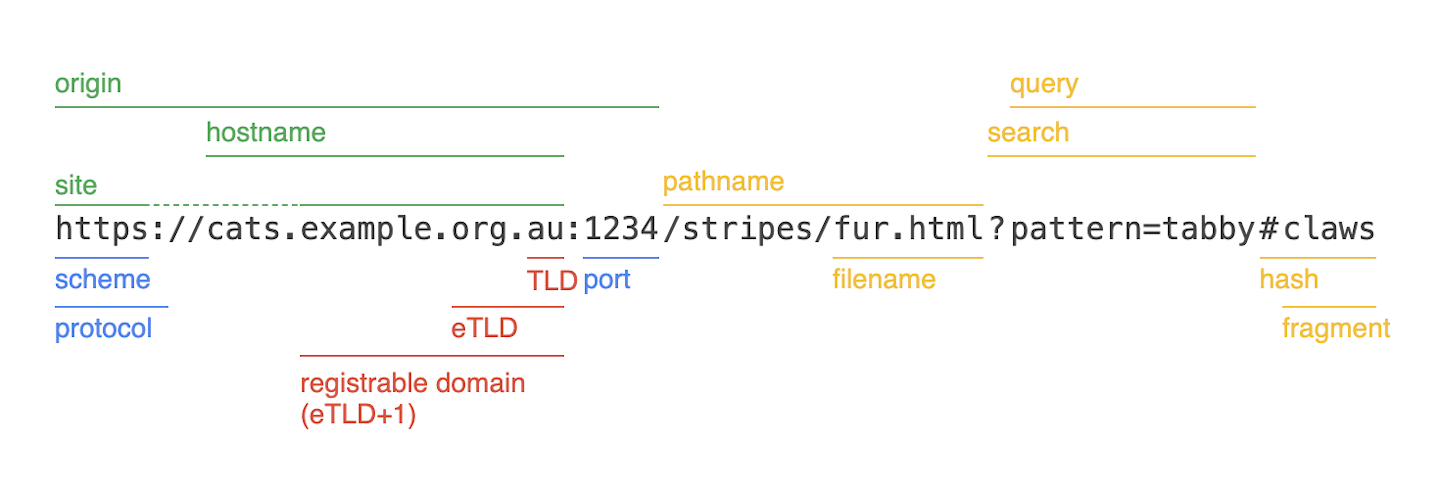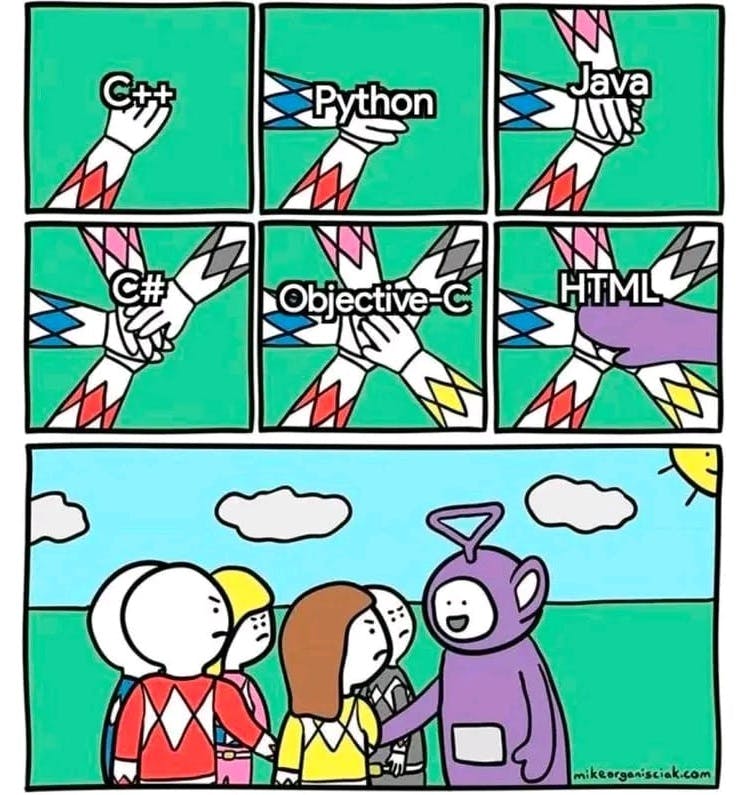Last Friday, I released the 107th edition of WeAreDevelopers DevDigest. It celebrated the 35th birthday of the World Wide Web, we had a video of me interviewing the founders of Daytona about going open source, we covered the news around Devin, the first AI software engineer and went to space in a Yugo. All strapped in? Let's go.

Daytona goes open source
Daytona is now open source and has been trending on GitHub for a few days. But what is it? We talked to CEO Ivan Burazin and CTO Vedran Jukic. Check it out.
Happy 35th birthay, World Wide Web!
Ah, 35 years of World Wide Web. I remember when it was quite a task to get connected. Do you?
But when that cacophony ended, we got access to a library of wonders, mostly text with some slow loading images, but it was something special. And by now, the web is something we take for granted, and do not quite give it the respect it deserves. As the W3C puts it in the birthday blog post: from humble beginnings, the web is now central to the lives of billions.
Of course, Sir Tim Berners-Lee also had quite a few things to say in his open letter marking the web's 35th birthday.
There are two clear, connected issues to address. The first is the extent of power concentration, which contradicts the decentralised spirit I originally envisioned. This has segmented the web, with a fight to keep users hooked on one platform to optimise profit through the passive observation of content. This exploitative business model is particularly grave in this year of elections that could unravel political turmoil. Compounding this issue is the second, the personal data market that has exploited people’s time and data with the creation of deep profiles that allow for targeted advertising and ultimately control over the information people are fed.
It's true, the open web is very much under attack and it is up to us to fight for it.
Brian Kardell also points out that not all is clear and safe for the future of the web and has some interesting points as to how we can fund the web ecosystem.
So the web is 35 and that means it might feel some backend pains and isn't as springy as it used to be. But I for one will never give up on it as it was instrumental to my career. I started working as a radio newscaster and journalist and once I had access to this new media, I was all in. I hope you are, too.
We need to talk about Devin…
Cognition made a huge splash by releasing Devin, the first "AI software engineer".
The announcement sounds straight out of science fiction movies and everyone and their dog had an immediate opinion about the product. Andrew Gao went deep and kicked its tyres thoroughly.
My personal opinion: neat, and let's see how it fares in day to day deliveries. The concept of being a software engineer is a complex one and most of what Devin does is a thing that bored me about current engineering practices: using already existing code and putting it together to release it with other products and services made up from code I "don't need to understand". We automated and optimised our processes and re-use more than we create, so it isn't quite surprising that this task could be done by a product, as it is predictable and follows strict processes. Now, debugging issues, finding performance problems, tweaking UX until it works for every user out there, these are very much different things. But do we even cherish them any longer?
Is frontend even valued any longer?
Josh Collinsworth is lamenting the quiet, pervasive devaluation of frontend and it makes you wonder if automating front-end engineering isn't already a thing. Then again, Nicole Tietz argues that the most important goal in software is understandability and not getting to the result as quickly as possible.
Google made Interaction to Next Paint an official Core Web Vital which replaces some other metrics and here's what it is and why you should care. Google is doing a hell of a job trying to teach developers to keep their products fast and use search engine ranking as the carrot. The question I have though if that is still such a huge incentive, considering that 90% of search engine results are actually ads and not indexed web sites. Same for Bing and the Edge team - I really worry about web search, do you?
Git things
Linux 6.9 will be the first Git repo with ten million objects and yet Facebook doesn’t use Git. Over my career I used almost every version control system there is. CVS, SVN, ClearCase, StarTeam, Microsoft Visual Source Safe, Bazaar, Mercurial. And the latter is what Facebook uses, because, to them, the Mercurial team appeared more open to outside contributions than Git was. I love Git, but I often wonder if it had had the same meteoric rise if GitHub didn't exist.
Code and tools
.webp?w=720&fit=max&dpr=2&auto=format)
One of the challenges in the CODE100 competition in Amsterdam was a ᓚᘏᗢ pics challenge. Here is the README and the dataset. Could you have done it? The challengers didn't struggle as much with this one as the first one, which was all about string manipulation.
Other news in code were that the excellent Eloquent JavaScript book has a new, free edition! I really enjoyed this book as it takes the language serious.
Eric Lawrence from Fiddler fame worked on Chrome, IE(?) and Microsoft Edge and he claims that browser extensions are powerful and potentially dangerous. I agree. There is no doubt that browsers became as good as they are now by offering extensibility. Thus the browser makers could learn what people needed and create native solutions. Having worked on many browsers myself, my problem was that people still kept using these extensions when the browser offered the same functionality. Any extension can slow down the browser, make your surfing experience worse and spy on you. The latter is the worst problem as oftentimes you find extensions that are great and created by well-meaning developers who get bored with maintaining them soon and sell them to companies who add all kind of nasties. Good news is that there is an extension called Under New Management which informs you when the ones you have installed changed owners.
PDFs are not going anywhere soon, despite not being an open web standard. If you want tools to do all kind of things to PDFs without buying and installing Acrobat, there is I ❤️ PDF which has lots of PDF tools in one place.

Can you name all the parts of a URL? You can rehearse using url-parts.

Don't you hate it when your React app doesn't react that swiftly? Million Lint identifies slow React code and provide suggestions to fix it.
More videos
We asked Jenny from Boss Three Quick Questions (2m18s)
That's Jenny from Boss, the company, not your average Jenny from the block.
- Simi Olabisi on How Microsoft empowers the World to Achieve More(1h)
- Jennifer Reif shows us how to Transpose One Profession to Another(1h)
- Carly Richmond - shows The Path to Public Speaking in Tech(1h)
And in the work world…
In the work world, I added an introvert’s guide to visibility, a reminder that you are not a weak developer if you don't show off, an investigation into OpenAI's racial bias in CV scanning, some hard and soft skills for developers coding in the age of AI and an insight that context-switching is the worst productivity killer in the engineering industry.
I especially liked the last bit as it validates my work on the Microsoft Edge for VS Code extension - no need to jump in between browser and editor all the time.
Procrastination corner

Last but not least, here are some resources to waste a bit of time on.
Emojicombiner allows you to combine emoji to create new ones.
Yugo car simulator - drive a classic Eastern European car IN SPACE
Until next Friday in your inbox or here with a more in-detail post.












